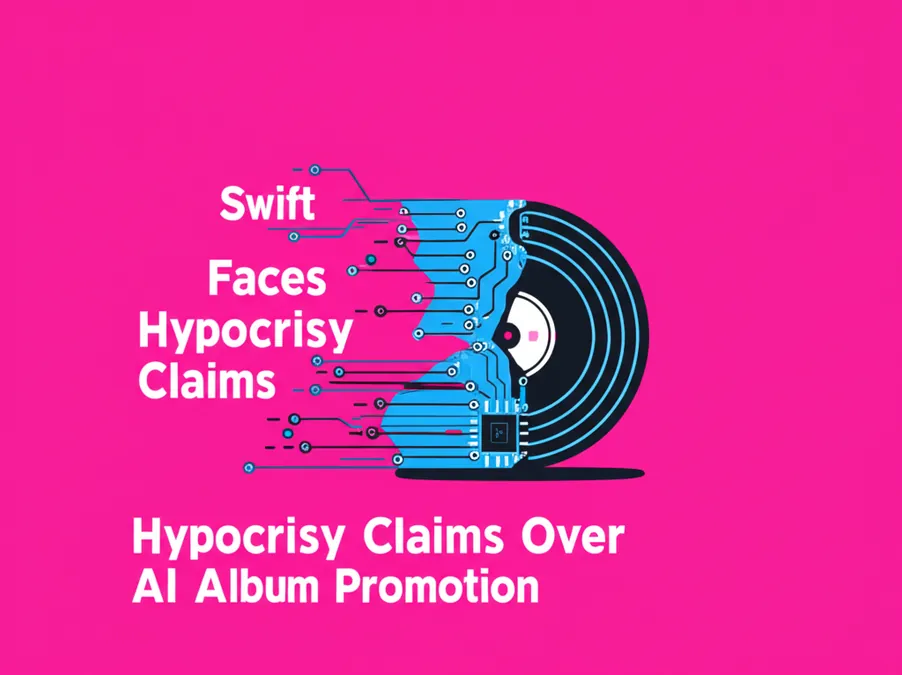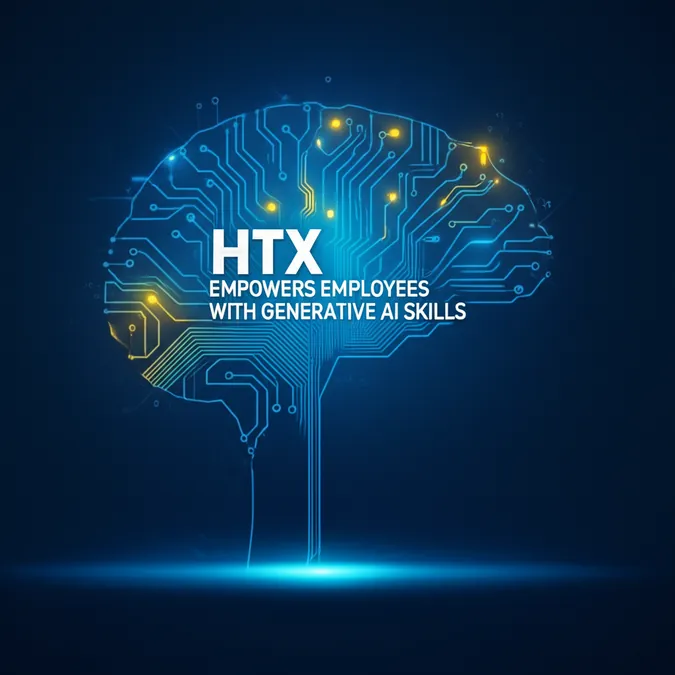The Hidden Dangers of Viral AI Photo Apps
Viral social media trends, from the “Hug My Younger Self” challenge to AI-powered retro avatars, are fun, creative, and highly shareable. But beneath the surface of this entertainment lies a significant risk that many users overlook.
The Unseen Risks of Sharing Your Face
When you upload your face to an AI tool, you are sharing far more than a simple picture. You are providing sensitive biometric data, including your unique facial geometry, patterns, and expressions. Unlike a password that can be easily changed if compromised, your face is a permanent identifier. If this data falls into the wrong hands, the consequences can be severe.
Biometric data is incredibly sensitive because, once leaked, it can be used for a variety of malicious purposes. These include identity theft, unauthorized surveillance, or creating convincing deepfakes that impersonate you. Modern technology has become so advanced that these fakes can deceive both people and security systems, leading to fraud, scams, and other forms of impersonation.
Where Does Your Data Go
Data storage and usage policies are another major concern. Many users assume their original photo is deleted after the AI-generated image is created. However, some platforms retain this data to analyze or use for training their machine learning models. This is often buried in lengthy privacy policies that people rarely read, meaning your face could be helping to build future algorithms without your explicit consent.
This concern extends to major social media platforms like Instagram and Facebook. While they make sharing easy, they also store vast amounts of your personal photos, which can be misused if your account is not secure. To protect your digital identity, it is wise to set your profiles and posts to private and regularly review your privacy settings.
Before using any AI photo app, ask yourself these critical questions:
- Where will my data be stored—on my device or a third-party server?
- Will my photo be deleted permanently after processing, or will it be kept for AI training?
- Does the app have a clear privacy policy, and do I trust the company behind it?
Your Face as the Ultimate Digital Password
The excitement around technologies like artificial intelligence and computer vision is understandable as they drive innovation. However, they also create new vulnerabilities. Hackers can target biometric databases, and once this information is leaked, it cannot be revoked like a stolen password.
Today, your digital identity encompasses more than just a username. It includes a vast collection of information, such as biometric data, behavioral patterns, device information, and location history. Treating this data casually by uploading it to every new trending app is like giving away your financial details without asking how they will be protected.
How to Protect Your Digital Identity
Cybersecurity is no longer just about protecting devices and networks; it’s about protecting people—their identities, data, and trust. Every time you participate in an AI trend, you're sharing a permanent and unique digital asset.
What seems like a moment of fun today could lead to long-term exposure in ways you can't predict. The best approach is to balance curiosity with caution and innovation with security. In our digital world, your data is your identity, and it deserves to be protected as one of your most valuable assets.
This article is based on insights from Atul Luthra, Co-Founder & Principal Consultant at 5Tattva and CEO of Zeroday Ops. The views expressed are personal.


